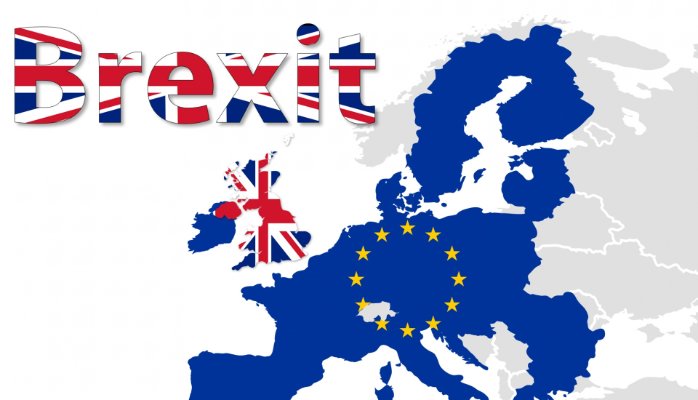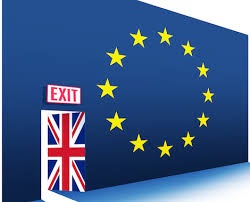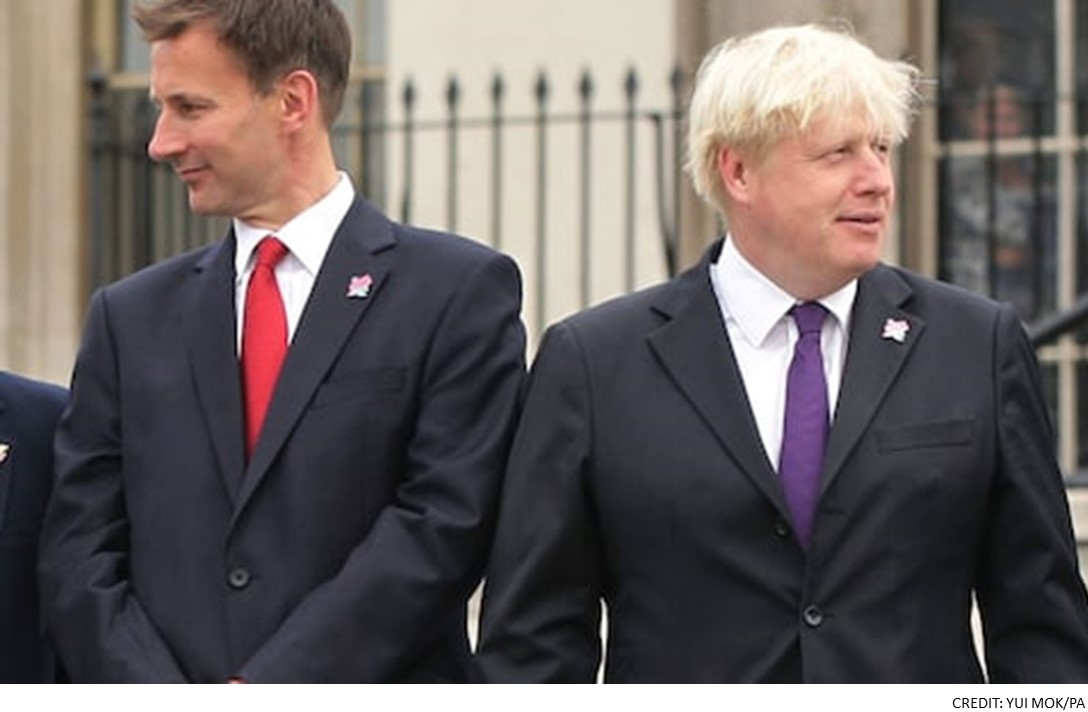There has been much recent debate about the UK Government’s proposals on its future customs relationship with the EU. This has centred on two key options put forward in August 2017 – a Customs Partnership and a Customs Arrangement (known as maximum facilitation (‘Max Fac’). Both of these concepts, have been rejected, in their previous form, by the EU. A third customs option also appears to have emerged, but it too is facing opposition from the EU.
Despite this, the Prime Minister recently established two Cabinet sub-groups to further examine each option put forward in August. One group which includes Michael Gove (DEFRA Secretary), Liam Fox (International Trade) and David Lidington (Cabinet Office Minister) are considering the Customs Partnership. Meanwhile, Greg Clark (Business Secretary), David Davis (DEXEU Secretary) and Karen Bradley (Northern Ireland Secretary) are examining Max Fac. These options are generating intense debate within the Conservative party with the Brexiteers favouring Max Fac whilst the Europhiles are leaning towards the Customs Partnership. Both options are briefly summarised below;
- Customs Partnership: involves the UK collecting tariffs on the EU’s behalf for goods transiting through the UK intended for use in countries within the EU Customs Union. The UK would also apply its own tariffs for goods intended for use in the UK market. At the border, importers would pay whichever tariff was highest and could subsequently reclaim the difference based on any proportion of the consignment was used in the lower tariff territory. It is claimed that this approach would obviate the need for customs processes between the UK and the EU, including between Northern Ireland and Ireland. Such a system would require an elaborate tracking system to check whether goods were being tariffed appropriately and a ‘robust enforcement mechanism’. The EU has dismissed it as ‘magical thinking’. Furthermore, whilst a customs border might be obviated there would still need to be border controls to check product standards (especially in the food sector) unless the UK continued to align all of its regulations with the EU.
- Max Fac: this would involves creating a border between the UK and the EU, but seeks to make this border ‘as frictionless as possible’ through the application of technology and recognition of ‘trusted traders’ amongst other mechanisms. It would also allow smaller traders on the Irish border to trade as they currently do with no new restrictions. This option has been criticised by many in industry, particularly in Northern Ireland, where some believe that it would create a ‘smugglers’ charter’ and would undermine the integrity of existing food safety systems. It is also not clear that the technology exists, or that the Government could implemented it quickly enough, to make this option work (see below).
HMRC Weighs Into the Debate
The HMRC estimates that Max Fac would cost businesses between £17-20 billion per year to implement, primarily due to the increased costs associated with customs declarations. This equates to about twice the UK’s annual net contribution to the EU budget. Brexiteers such as John Redwood have rubbished these estimates claiming that they are highly speculative and claim that trade is already taking place with non-EU countries with costs nowhere near this amount. Nevertheless, all credible analysis indicates that dealing with customs, even under a free-trade agreement, does create additional costs.
Jon Thompson (Head of HMRC) also said that the Customs Partnership would have a negligible cost to business over time – a view which will play into the hands of the PM who is said to favour a Customs Partnership-type model. Mr. Thompson also stated that neither model would be ready to implement by 2021 and suggested that a lead-in time of between three to five years would be required to establish the systems needed, once it became clear what these would consist of.
A Third Customs Option?
In recent days, a third option appears to have emerged which, it was hoped, would help to overcome the deadlock in the Brexit negotiations. This proposal, which some think of as a Hybrid Customs Partnership plan, was tabled by the UK this week in Brussels. It is understood that it would also represent a backstop which would align the UK as a whole, not just Northern Ireland, with the rules of the Single Market and Customs Union for a time-limited period only (but longer than the ‘transition period’ already agreed). This time-limited period would then give the UK the scope it needed to develop the systems required for its Customs Partnership model.
This too appears to have been rejected by the EU, although there are signs, that it has not been completely ruled-out. The Brussels view is that the backstop envisaged in Paragraph 49 for the December Joint Report would apply to Northern Ireland only, given the wording in Paragraph 46 which states that the “commitments and principles outlined in this Joint Report will not pre-determine the outcome of wider discussions on the future relationship between the European Union and the United Kingdom, and are, as necessary, specific to the unique circumstances on the island of Ireland.” The UK on the other hand has taken a broader view, claiming that the wording of Paragraph 49 states that “the United Kingdom will maintain full alignment…”, not Northern Ireland. Therefore, the backstop could apply to the UK as a whole.
It is understandable that the UK has taken this more expansive view and there are attractions to this perspective for several EU Member States, particularly Ireland whose 2016 trade with the UK is valued at €66 billion. This includes €32 billion in goods, of which nearly €9 billion is in agri-food, and €34 billion in services. Other countries, such as the Netherlands and Denmark, which rely heavily on trade with the UK, particularly for agricultural products are also believed to see the attractions of this proposal. That said, EU Member States are reluctant to break ranks on this issue, as it is seen as another attempt by the UK at cherry-picking.
This impasse looks set to drag on to the European Council in June, but as Michel Barnier has reminded us on many occasions, time really is ticking, and there are now just a few months left to get all of this agreed. A time-limited, interim arrangement beyond the current transition period is the only realistic way to achieve this whilst facilitating a ‘smooth and orderly Brexit’ which the PM called for back in January 2017. Whatever form the eventual relationship takes, no matter what its name is, it is crucial that the time is taken to get it right. For agriculture, this is especially critical. In this regard, the five-year ‘agricultural transition’ envisaged in DEFRA’s recent consultation might be a prudent model to apply elsewhere as well.



